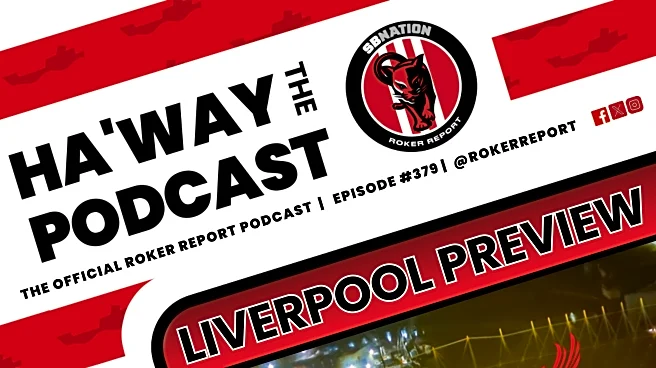What's Happening?
Target CEO Brian Cornell has reiterated the company's commitment to inclusion, particularly through a $2 billion investment in Black-owned businesses. This announcement comes amid a boycott organized by The People’s Union USA, targeting several major brands including Target, Amazon, Walmart, Starbucks, Disney, and Ben & Jerry’s. The boycott, set for October, aims to promote corporate accountability and restore diversity, equity, and inclusion (DEI) programs. Cornell's op-ed in Essence highlights Target's efforts to support small businesses, increase access to education, and maintain community engagement through donations and volunteerism. Despite criticism for discontinuing its DEI program earlier in the year, Target remains focused on growth and opportunity in over 2,000 communities.
Why It's Important?
The boycott organized by The People’s Union USA underscores ongoing tensions between consumer activists and major corporations regarding social responsibility and corporate influence on economic policies. Target's reaffirmation of its inclusion initiatives highlights the company's strategic focus on diversity and community support, which could influence public perception and consumer loyalty. The broader impact of such boycotts may pressure companies to reassess their social and economic policies, potentially leading to shifts in corporate governance and stakeholder engagement. As companies navigate these challenges, their responses could set precedents for corporate accountability and social justice advocacy.
What's Next?
The boycott will continue throughout October as part of the 'Economic Blackout Tour,' with additional actions planned for the fall and winter months. Companies targeted by the boycott may face increased scrutiny and pressure to address activist demands. Target's ongoing commitment to inclusion and community support will be closely watched by stakeholders and consumers, potentially influencing future corporate strategies and public relations efforts. The outcome of the boycott could impact corporate policies on diversity and inclusion, shaping the landscape of corporate social responsibility in the U.S.
Beyond the Headlines
The boycott and Target's response highlight the ethical and cultural dimensions of corporate responsibility in the U.S. As companies face demands for greater accountability, the balance between profit-driven motives and social justice initiatives becomes increasingly significant. This development may trigger long-term shifts in how corporations engage with social issues, potentially influencing industry standards and consumer expectations. The evolving relationship between corporations and activist groups could redefine the role of businesses in addressing societal challenges.










